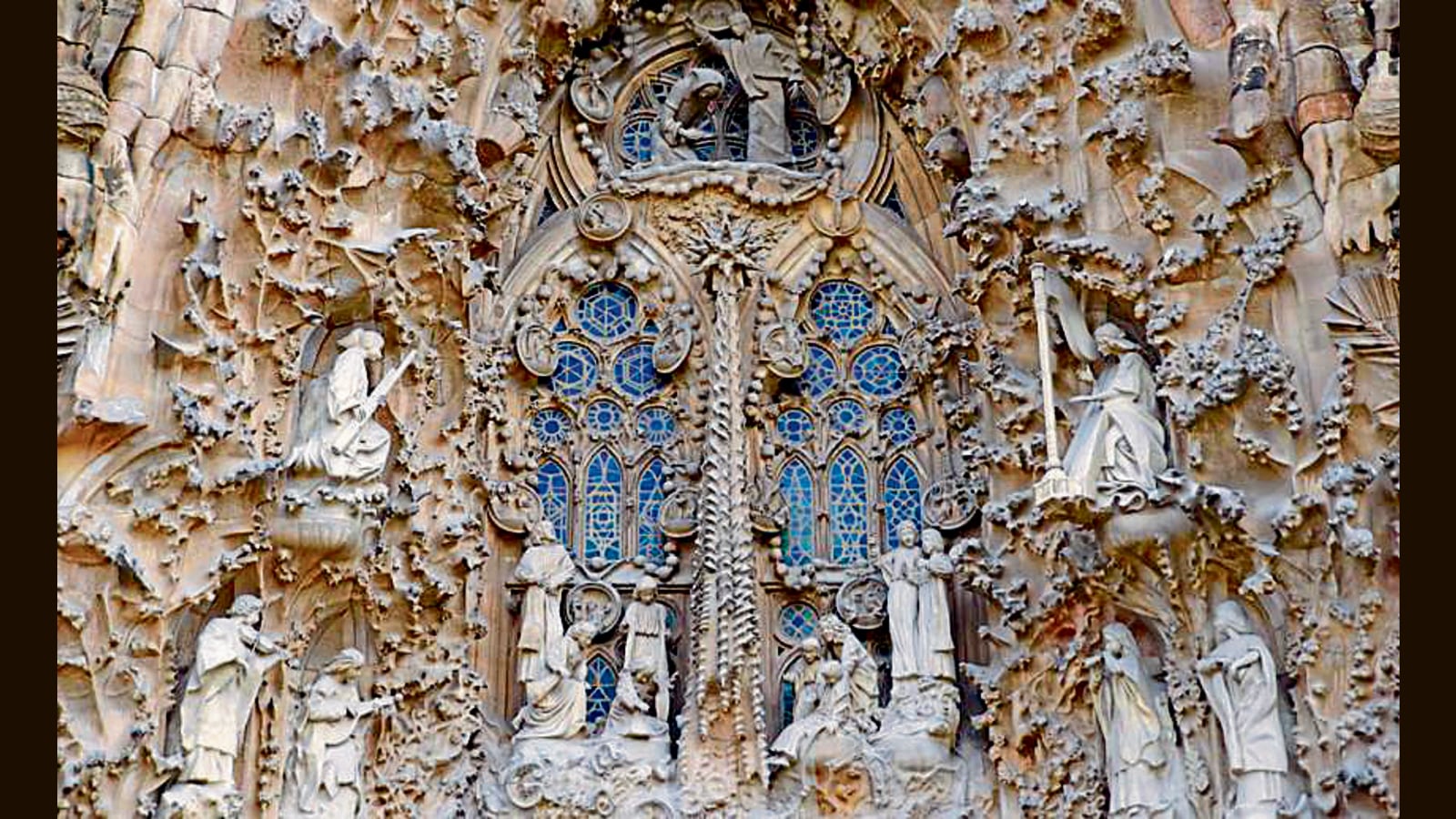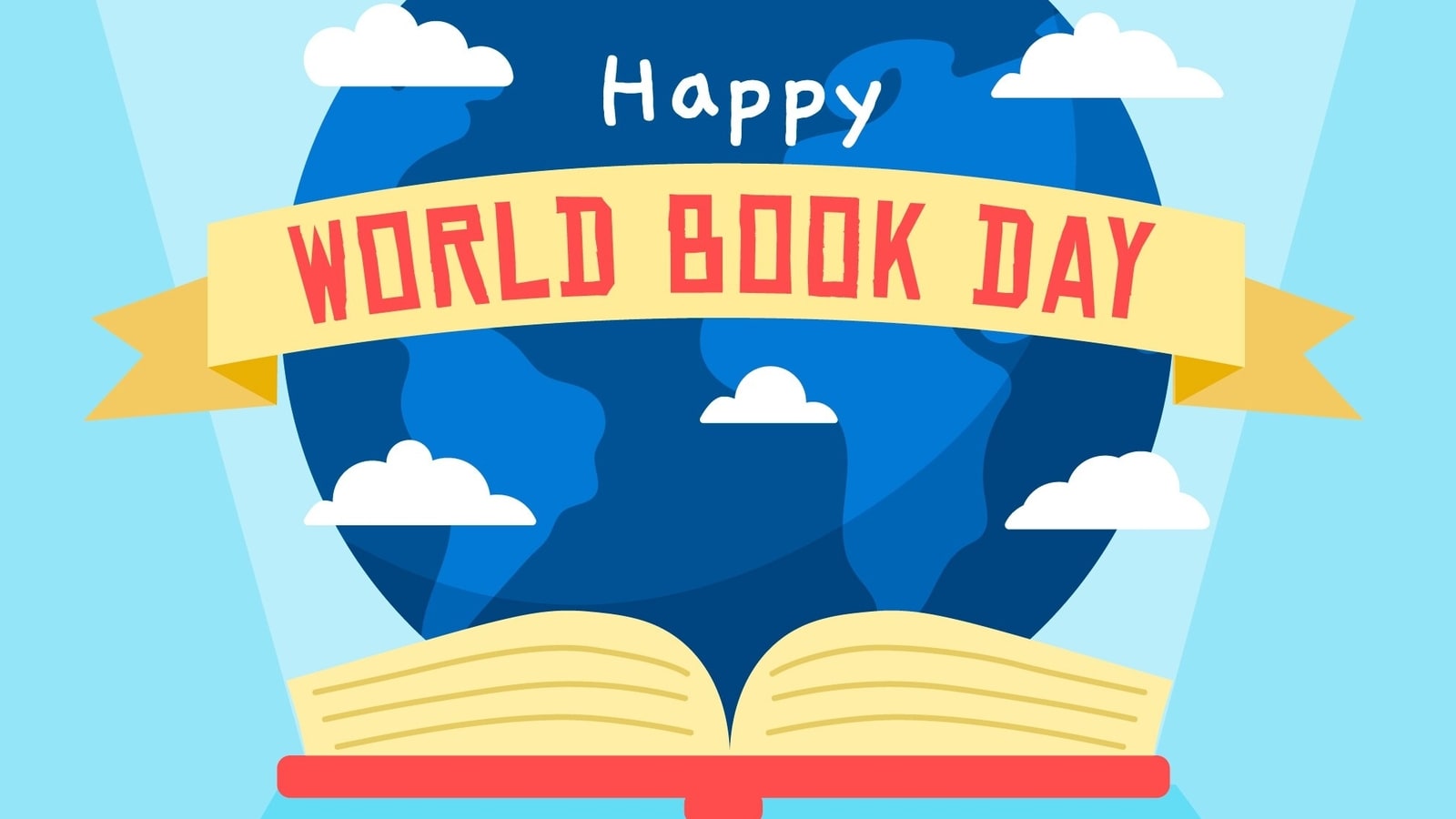
[ad_1]
Call these field notes from an atheist. For a very long time, I was a militant one. I’m not quite sure when the needle shifted. While the atheism stays, the militancy is gone. It does not seek to fight or proselytise.

Perhaps this has to do with the realisation that we live in times where the world seeks to divide us into binaries. And I have come to see that, the harder we hold on to our positions, the more we fail to see the beauty in contradictions.
I didn’t have to look too far to find the beauty, or the contradictions: my home has been fertile ground.
It is a place that has evolved from a marriage between two opposing worldviews, my wife being a devout Catholic. This is a dynamic that does present hurdles, every once in a while. But face-offs are rarer two decades in. I guess we’ve made our peace with each other’s beliefs and, and journeyed from a place of argument to respect and curiosity.
This, to me, speaks to the power of embracing contradictions — not as a source of division, but as an opportunity for growth and understanding. This realisation did not come easily. It demanded that both of us look beyond the surface-level discord to find the place of shared values that lay beneath: compassion, integrity, and a deep-seated belief that people are fundamentally good.
This journey demanded that I, a staunch advocate of science and empirical evidence, explore spirituality with an open mind. Accompanying my wife Anna on her spiritual treks, I have found beauty in its history, music and architecture. I only hope that she has similarly found beauty in the scientific laws that govern my beliefs.
The biggest beneficiaries have been our children, who over the years have been intrigued observers of this philosophical dance.
They have grown up in an ecosystem that encourages questioning and exploration, and a home where science and faith are seen not as adversaries but as complementary lenses. I am glad for that, because the wisdom of embracing contradictions extends far beyond the confines of our home.
History is replete with examples of individuals who navigated the complexities of seemingly contradictory beliefs to bring about profound change. Consider the Renaissance. It was a period marked by a renewed interest in the classical past and an embrace of humanism, alongside a deep religious fervour. This was a time when artists and thinkers explored the tension between the divine and the human, between faith and reason. And the outcome was works that continue to inspire awe and wonder.
Think of the ancient Taoist concept of yin and yang, which represents the harmony of opposites. It is a reminder that life is not about choosing between black and white, but about finding balance and beauty in the grey.
In more recent times, we have had scientists such as Albert Einstein express a profound sense of spiritual awe in the face of the universe’s mysteries. These examples underscore the fact that the boundaries between science and spirituality are more permeable than we might think.
I have come to believe that the key to navigating such contradiction lies in the willingness to listen to each other. This requires enormous humility, because such listening begins with the acknowledgement that no single perspective has a monopoly on truth.
Today, when people seem to place such a premium on certainty and dogmatism, it is profoundly liberating to hold space for ambiguity and doubt. It is in this space that we find the freedom to change our minds, expand them, and embrace the complexity of our humanity.
As we move forward, I hope that our children will inherit a world that values diversity of thought and applauds contradictions. Early on, they have seen that it is not a place of either/or but a vast expanse of also/and. This is a lesson that, if spread widely, has the power to transform families, communities, societies and, indeed, the world.
It has certainly transformed me. I now believe that the harmony my family has found in dissonance is proof of the human capacity to build inclusive societies. What more does any atheist or believer desire? All of us tread on common ground.
(Charles Assisi is co-founder of Founding Fuel. He can be reached on assisi@foundingfuel.com)
[ad_2]
Source link








